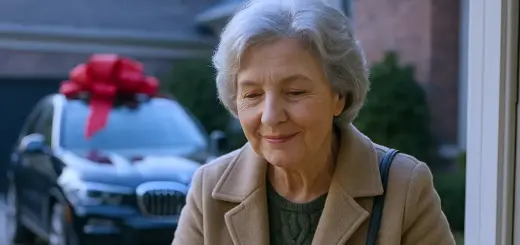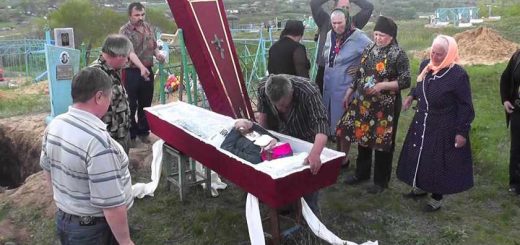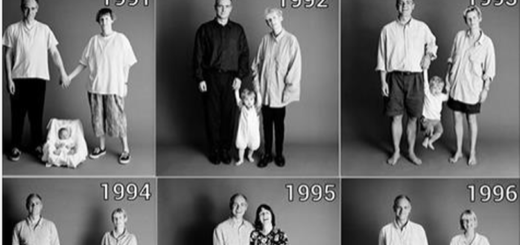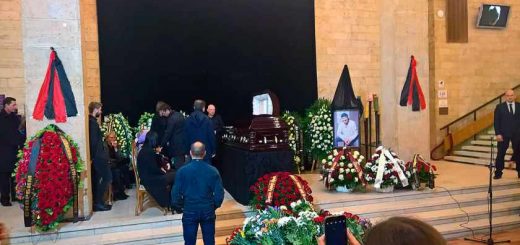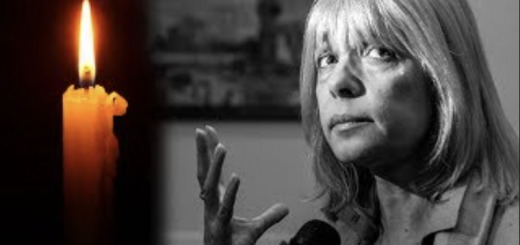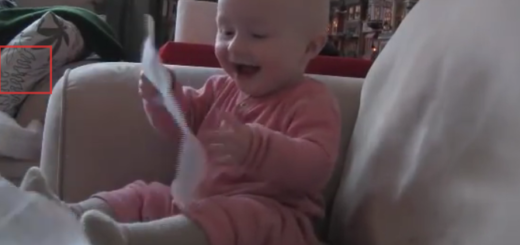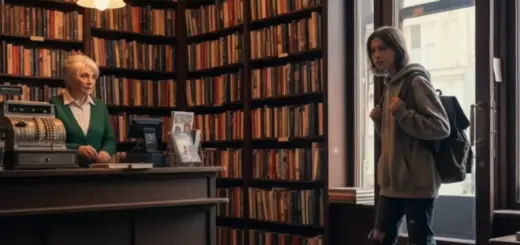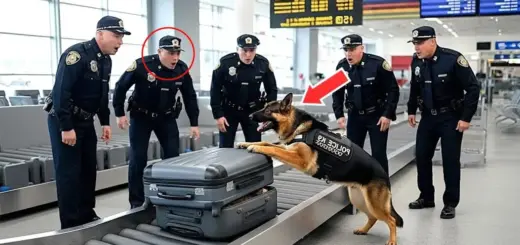I sat in stunned silence. They weren’t sorry. They truly believed they had done nothing wrong. The meeting continued with discussions of child welfare laws, potential charges, and next steps. Through it all, my parents maintained their position: this was a parenting choice, perhaps extreme, but with good intentions.
When finally asked if I wanted to return home with them, I found my voice. «No,» I said firmly, surprising even myself. «I don’t want to go back.»
The shock on their faces might have been satisfying under different circumstances. «Don’t be ridiculous,» Dad sputtered. «Of course, you’re coming home.»
«That’s not your decision right now, Mr. Taylor,» the court liaison explained. «Given the circumstances, Jennifer will remain in temporary custody while the court evaluates the situation.»
As the meeting concluded, Mom tried once more to approach me. «Jennifer, honey, you’re overreacting. We were just trying to teach you…»
«To abandon people who trust you?» I interrupted, tears streaming down my face. «That’s what I learned.»
I was escorted from the room, my parents’ protests fading behind me. In that moment, I knew I would never see our house in Ridgeview as home again.
The next few weeks passed in a blur of court hearings, interviews with social workers, and therapy sessions. The initial emergency placement with the Williams family was extended while the system determined what would happen next. Though they were kind, their home never felt like more than a temporary shelter, a waiting room before my real life could resume.
One month after the train station incident, I met Thomas and Sarah Miller. They arrived at the DCFS office on a Tuesday afternoon, both in their early 40s with warm smiles that reached their eyes. Thomas taught high school art, and Sarah was a pediatric nurse. They had no biological children but had been foster parents for over a decade.
«We believe every child deserves safety, respect, and room to grow,» Sarah explained during our first meeting, supervised by Grace Chin, my newly assigned social worker.
«No pressure to talk about anything until you’re ready,» Thomas added. «We just want you to know our home is open to you for as long as you need.»
There was something genuine about them that cut through my practiced emotional distance. When Grace asked if I’d be willing to try a placement with the Millers, I nodded cautiously.
The Millers lived in a modest two-story house in Evanston, just north of Chicago. My room there had pale yellow walls, a window seat overlooking a small backyard garden, and empty bookshelves waiting to be filled.
«We want you to make it your own,» Sarah explained, showing me around. «Pictures, posters, books… whatever makes you comfortable.»
«What are the rules?» I asked warily, thinking of the ever-changing expectations at my parents’ house.
Thomas and Sarah exchanged glances. «Basic respect and safety,» Thomas replied. «Letting us know where you are, helping with household chores, doing your best in school. We’ll figure out the details together as we go.»

